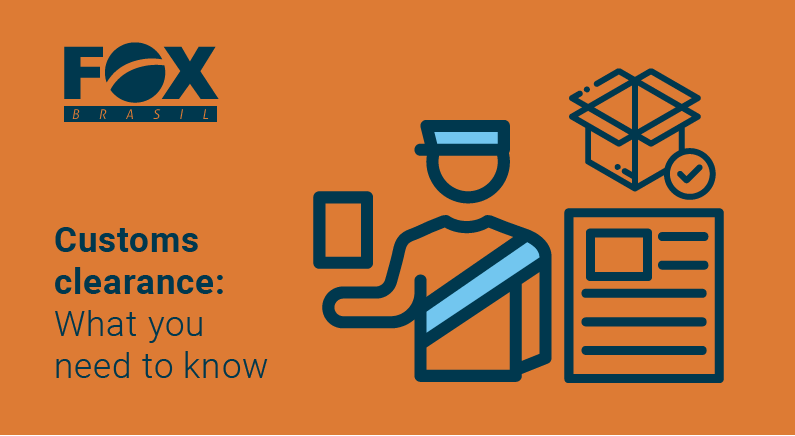Customs clearance: What you need to know

Understand Logistics & Freight
When shipping goods abroad, there are several steps an importer or exporter should follow. Besides negotiating the freight and all the aspects of international transportation, it is also necessary to count on the assistance of a broker to effectively handle the customs clearance processes involved in the operation.
Customs clearance stands for the act of passing goods through customs in order for them to exit or enter a country by any transportation modal. Doing so requires the preparation and submission of different cargo and transport documentation to customs authorities, payment of duty and, in some specific cases, even having inspectors examining your cargo before its clearance.
How to ensure a smooth customs clearance process?
The customs clearance process can be quite long and complex for someone who doesn’t have experience in planning logistics operations. This is why it is so important to have a specialized team handling all the bureaucratic parts of your cargo’s clearance. Otherwise, your goods arrival in their destination could be delayed due to lack of proper documentation.
A customs broker can assist an exporter or importer in a wide variety of ways, such as doing tariff classification, customs valuation, appeals and dispute settlements, refunds, drawbacks and remission of duties, sales and excise tax implications, payment of taxes and duties, seizure appeals, reviews of past customs accounting documents, among other areas. A customs broker or consultant can also review a company’s operations with the purpose to identify improvement possibilities.
Each country has its own specific regulations and requirements when it comes to foreign trade. Your broker must, therefore, have experience and knowledge to conduct simple, complex and industry-specific customs clearance according to the regulations of the countries involved in the operation.
This will allow them to provide you with everything you need to keep your shipping process agile and hassle-free. In fact, in some countries, hiring a customs broker might even be mandatory.
Can freight forwarders take care of customs clearance processes as well?
Some freight forwarders do offer the complete package, which includes not only dealing with the carriers to plan the shipment, but also the clearance of the commodities. This is what we call integrated logistics and many importers/exporters choose to hire this service in order to facilitate the overall process.
At FOX Brasil, as part of our integrated logistics service, we provide full assistance for exporters or importers aiming to transport products to Brazil. Our team has a deep understanding of the Brazilian shipping culture and will guide you through the entire process in order to make it as cost-effective and agile as possible.
Got interested? Click on the button below to talk with one of our specialists and learn more about our services.
